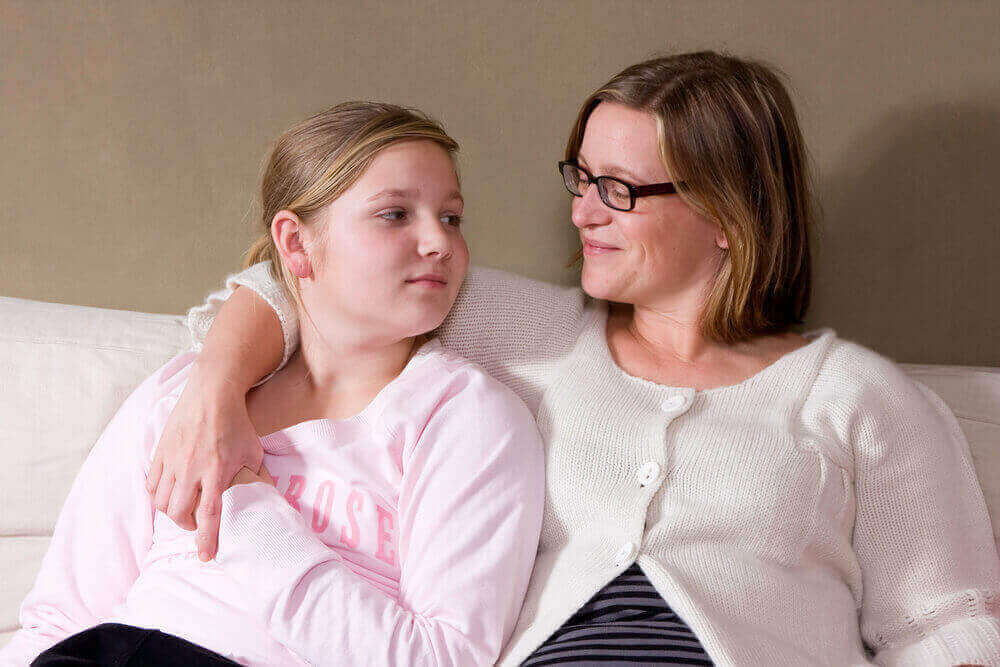Deciding to open your home, and heart, by becoming foster parents is a huge decision for any family. Foster parents provide temporary housing and care for children whose own parents or caregivers are unable to do so. Records, as of 2016, show that over 437,000 children are in the foster care system, with the previous four years seeing increasing numbers.
Types of Foster Placements
Traditional Care
This is probably what most people think of when they hear foster care. It is a safe and stable home setting for a child to live at until they can be unified with their biological family or are adopted. The length of stay can vary from a couple of weeks to a couple of years.
Emergency Care
In immediate, unforeseen circumstances a child needs placement with short notice. Often this is for a very short amount of time until a more permanent placement will be made with another foster family.
Treatment Care
Also called medical or therapeutic care, the foster family is extensively trained to care for children in the foster system that have significant behavioral, emotional or medical needs.
Kinship Care
This is when a relative or (in some states) a very close friend of the family takes on the role of foster parent. Most jurisdictions prefer to keep a child in kinship care, as they are less removed from their biological family and typically already have a relationship with their foster parents.
Respite Care
Also referred to as short-term care, this occurs when one foster family cares or another foster family’s child (or children) for a short amount of time (usually about 48 hours) in order to give the first foster family a break.
Foster to Adoption
The goal for most children is reunification with their biological parent(s) or for legal guardianship to be given to a relative. However, in about a quarter of cases, the biological parents of children in foster care have their parental rights terminated and those children are then available for adoption.
Many states have set up a system that allows potential permanent parents to first act as foster parents.
Foster-to-adoption programs are a great way to provide continued stability to a child while allowing the family to bond before the adoption is official.
Foster parents in this situation must be aware that all avenues of reunification are used before the child is adoptable. This means that there is a possibility, up until an official adoption, that a child may leave to return to their biological family. Therefore, foster parents must be emotionally prepared for this reality.
Who Can Become a Foster Parent?
- At least 21 years old
- Must be able to pass a background check
- Need positive references (other people that can speak to why you would make a good foster parent)
- Do not have to be married
- Home ownership is not required
- Need to prove that you are able to financially support yourself
- Most states allow same-sex couples to foster children
- There is no maximum age for foster parents, but you will need to prove that you are physically able to take care of a child
General Process for Becoming Foster Parents
In the United States, the specific requirements to become a foster parent are dictated by the individual states. While some of the details may vary by state, the general process of becoming foster parents is as follows:
Becoming Certified
- Start with the agency in charge of child welfare specific to your state. This is usually part of the state’s Department of Human Services.
- Attend an informational meeting. Usually, all prospective foster parents are required to attend. It covers many topics related to fostering including:
- Who is a good fit for foster parenting
- What type of situations are foster children coming from
- Common challenges associated with foster parenting
- The overall licensing process and requirements for approval
- Resources to further explore your desire to become a foster parent
- A variety of non-profit and private companies have contracts with states to facilitate foster certification, placement, reunification, and adoptions. This should be acknowledged in the informational meeting.
- Potential foster parents then begin the application process for licensing or certification. This is a lengthy process (several months up to a year) that will extensively examine your background.
- During this time, continue to seek out resources and hear experiences about foster parenting. The more information you have, the better decisions you are able to make, both with your current family and with any future foster children. Ask yourself questions such as:
- Do I have the time to dedicate to forming emotional bonds with another child?
- Am I mentally prepared to handle any conflicts that may arise due to the child’s past experiences with abuse or trauma?
- Is everyone in the family (including other children) on the same page, and have a positive expectation, for fostering a child?
- Part of becoming licensed to foster children will include mandatory classes provided by the agency you are working with. These classes will give detailed information and training on how to best provide for any children you may foster.
- There is a great deal of paperwork and verification involved with becoming licensed foster parents. You will have to provide details pertaining to your income and employment, any previous criminal charges, and your family’s makeup and dynamic. Multiple references are needed. You must submit to (and pass) a background check. It behooves all prospective foster parents to be as honest as possible throughout the entirety of the process. If you provide false or misleading information, it could lead to a denial of your license.
- You will be assigned a caseworker. They ultimately make the decision of whether a foster parent is approved or not. The caseworker will conduct a home study and delve into all family members’ backgrounds. They will inspect your home. It is good practice to maintain positive communication with your caseworker.
- The application process, as a whole, is meant to help potential foster parents determining if fostering is right for their family. It will also provide the foster agency insight as to which types of children you will be able to best serve.
Accepting Placements
- After becoming approved as foster parents, prepare your home by making sure all safety requirements are met (fire extinguishers, medical lockbox, etc.)
- A placement coordinator will provide all the information needed about potential foster children and should be a guide on the likelihood of reunification.
- Make your home as welcoming as possible and have age appropriate things ready (toiletries, food, toys, etc.) for an arriving foster child. You want them to feel welcomed, loved and wanted.
- Transitions can be challenging for everyone in a foster family. Be patient and ask for help and resources in helping your new foster child. Many children need lots of emotional support to deal with past abuse or trauma.
- Keep in touch with the caseworker and ask for respite care if you need a break.
- Try to help the foster child stay engaged in activities or sports that they like. Consistency can help in their transition to a new foster family.
Additional Considerations
- Even after housing children in their home, foster parents must complete continuing education courses to remain licensed.
- All states cover medical and dental needs. Most provide a monthly stipend to cover additional food, utilities, transportation, etc. The amount varies by state and by the needs of the child.
- Most agencies prefer to keep siblings together if at all possible. This may mean you get more than one child to foster at a time.
- Foster parents are allowed to take time off between placements.












0 Comments